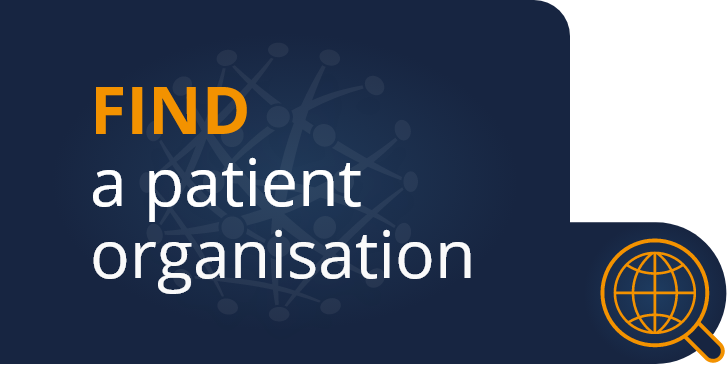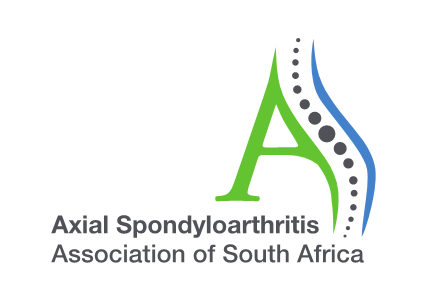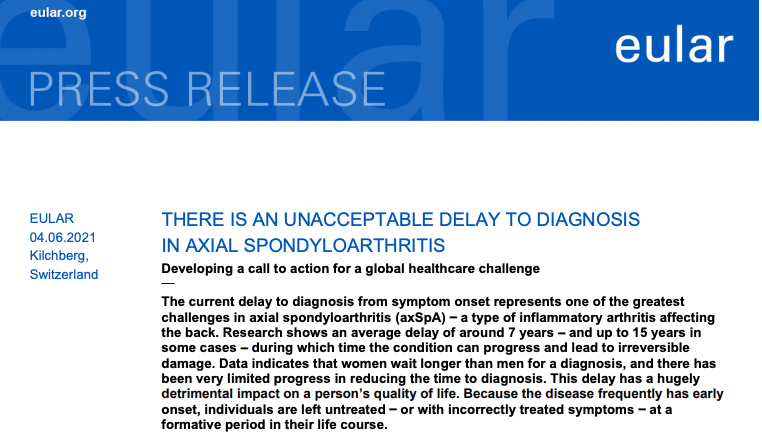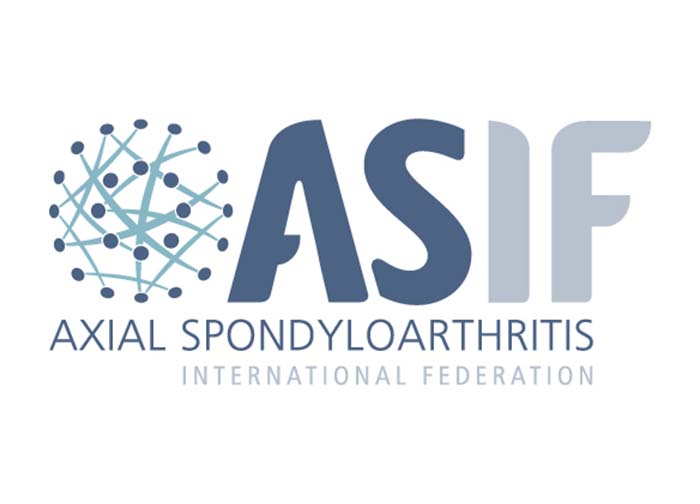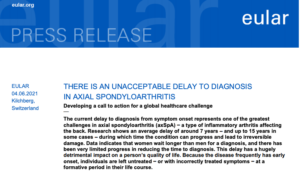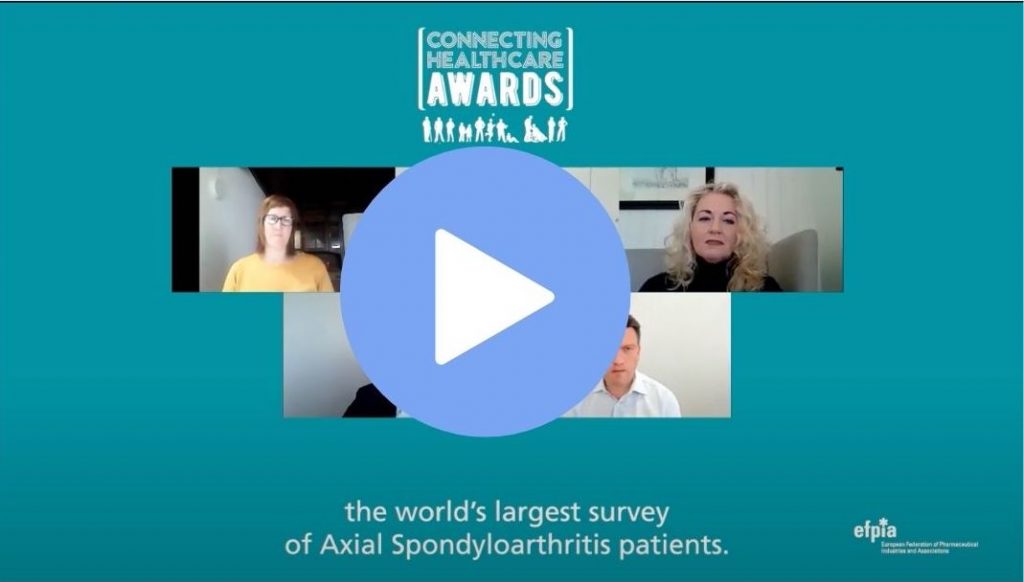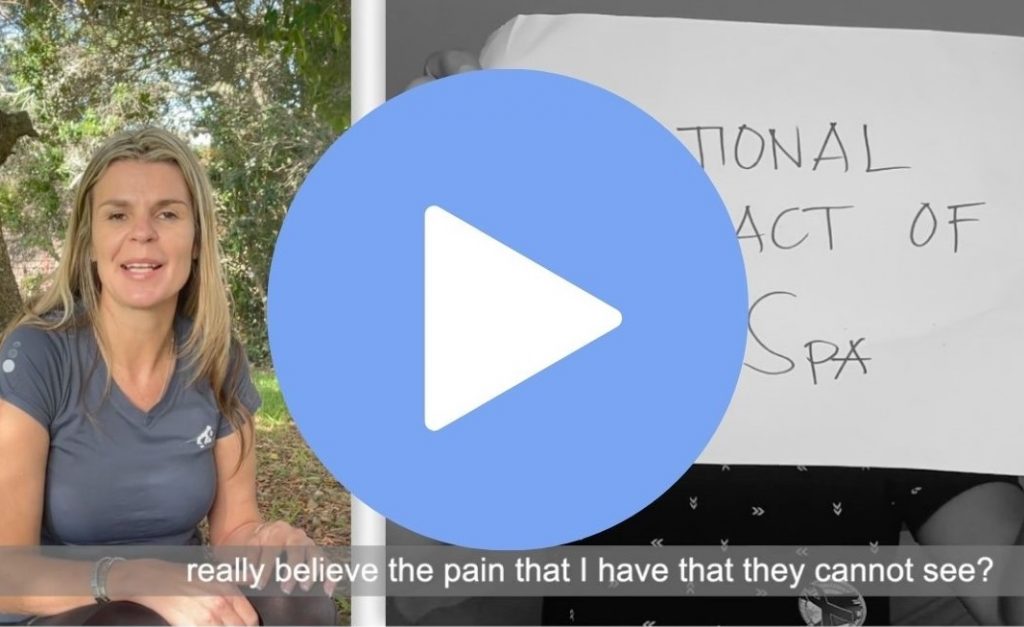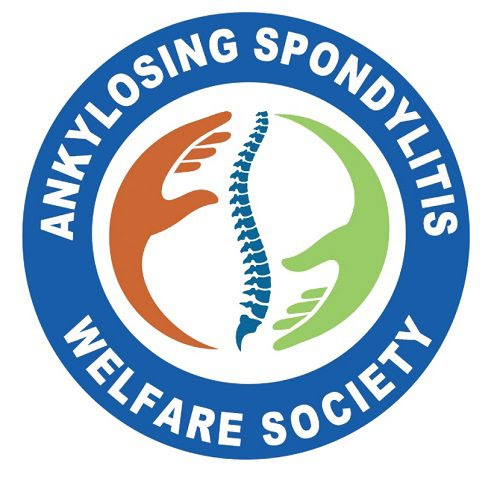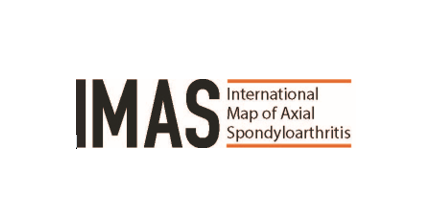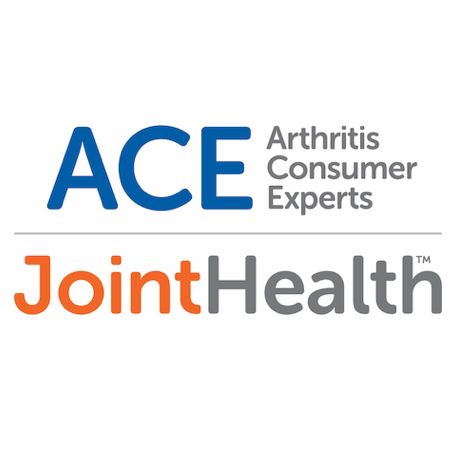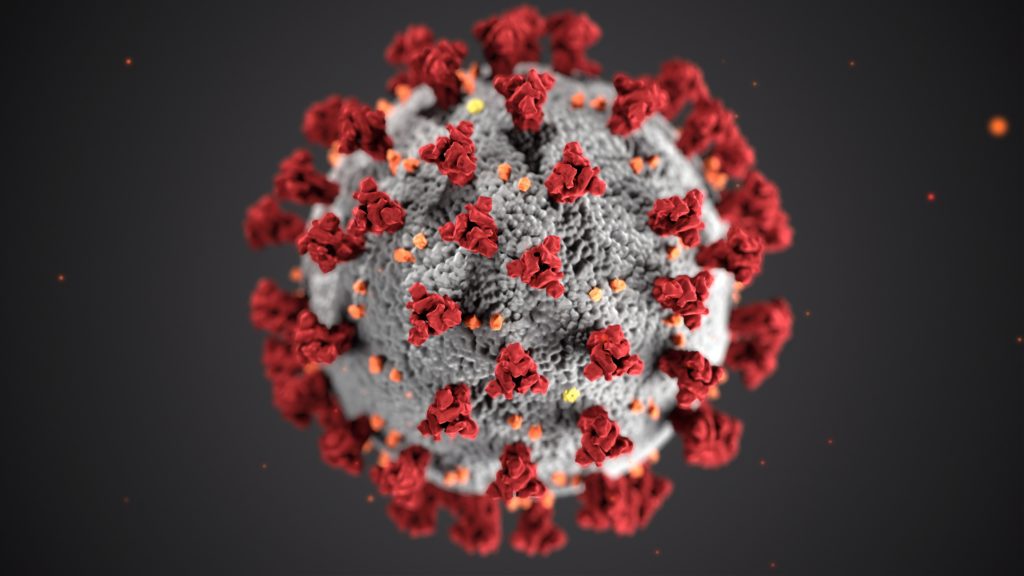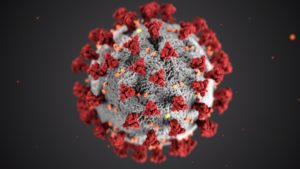
Despite concerns of possible risk factors, very few patients with axial spondyloarthritis have been infected with the coronavirus so far.
“This is very good news. It looks like the axSpA-patients have been protecting themselves, adhering to the advice of the health authorities and taking the risk of infection seriously,” ASIF-president Zhivko Yankov says.
By Trine Dahl-Johansen
COVID-19 has caused global disruptions in the management of chronic illnesses like axial spondyloarthritis (axSpA). The extent to which patients with axSpA have been affected by the coronavirus needed to be established, and Axial Spondyloarthritis International Federation (ASIF), The Spondylitis Association of America and survey company Any-3, developed the international COVID-19 axSpA-survey, which opened in April.
The preliminary results show some of the effects of the pandemic for this patient group and are based on answers through the questionnaire for the period of 3rd April to 31st October 2020. There are 4900 patients across 72 countries who have answered the patient survey. 93 % have completed all the questions.
The good news
Easy interventions like keeping distance, isolating from other people, washing hands, using antibacterial liquid and face masks etc. in public are essential to avoid infections like the coronavirus. Only 4 % of the total survey population report they have had the coronavirus. This is good news, but many of the respondents have not been tested to confirm it and are self-diagnosed. A lot of the symptoms of COVID-19 are very similar to those of an ordinary cold or flu, like fever, fatigue, sore throat and continuous cough. Therefore, it is almost impossible to know for sure if you have Covid-19 without being tested.
Despite the low COVID-19 testing, the low numbers in coronavirus patients amongst the axSpA-group is probably due to many taking the risk of viral infection seriously and doing what they can to protect themselves from such an infection. As chronically ill, many axSpA patients are used to taking illness seriously and making changes when life presents challenges. The ability to adapt to fluctuations in the disease throughout life probably leads to people coping with such a pandemic situation better than many feared.
“It is still amazing that so few with rheumatic diseases are infected with COVID-19 during this period,” Zhivko says.
Adapting to the situation
Many might also easily adapt to the rules of isolation and less social activity because they already are limited due to their health challenges in everyday life. For example, those who live with a lot of pain, fatigue and impaired mobility are accustomed to pacing their activities, and many already have a limited level of activity and social life. For many people with axSpA activity regulation is important, so they are able to accomplish the most necessary things.
“Our members are used to accepting periods where you cannot do everything you want. Many have probably adapted well to the pandemic restrictions and have good skills when it comes to taking care of their own health,” Zhivko elaborates.
Response to the global coronavirus pandemic has resulted in major changes to how people go about their daily lives. A study presented at ACR 2020 shows that individuals with axSpA with higher levels of stress and anxiety, had significantly higher disease activity levels. [1]
Good recovery status
The low frequency of testing for the coronavirus is a well-known situation internationally, due to variable test capacity worldwide, which leads to a very different situations for each country represented.
Although patient-reported outcomes have limitations, especially regarding the accuracy of self-diagnosis of COVID-19, the current results from the survey may add to more knowledge on potential risk factors and the course of this coronavirus infection in axSpA-patients.
Several international data show there are very few patients with rheumatic diseases who have contracted the virus, and few have been hospitalized or died because of infection. This is the same trend as the axSpA-survey.
Now it is crucial to get more responders to answer the axSpA-survey, especially those who have been tested for COVID-19, regardless of whether they have a positive or negative test result. It will provide the survey with better data and higher credibility.
“I encourage all ASIF-member organizations to invite more people to respond to the survey,” Zhivko says.
The following link allows new participants to self-register: https://covid19-axspa.any-survey.com/go/
Similar risk factors
The risk factors for people with autoimmune diseases are the same as for the general population. Those who also have cardiovascular disease and get infected with the coronavirus often have a tougher course, and are at higher risk of death, but they are not at a higher risk of getting infected overall compared to the normal population, according to The COVID-19 Rheumatology Alliance. [2]
This is supported by more studies released during the digital EULAR-congress in June.
“The study shows that most patients with rheumatological conditions recover from COVID-19, independent of the medication they receive,” professor Dr. John Isaacs, Chair of the EULAR Scientific Committee stated in a press release. [3]
Some concerns
The preliminary results of the axSpA-survey also enhance some worries regarding some patients discontinuing their medications during these months, often without consulting their rheumatologist. Amongst the patients with more severe disease measured by BASDAI the percentage of those discontinuing their medications also increases. The data show that amongst those who measured between 6 and 10 on the BASDAI-scale from 1 to 10, 19-28 % had changed their medication in fear of COVID-19. This is a big concern because this might lead to flare-ups that requires a doctor’s appointment in a health system already overloaded.
In total 17 % of the 4900 respondents report they have changed their medications due to the concern of COVID-19. In the age groups 20-29, 30-39 and 40-49 more than 20 % have done this. Type of spondyloarthritis diagnosis does not seem to influence this decision. Neither do other diagnoses believed to affect the coronavirus, like high blood pressure, chronic lung disease, diabetes, heart disease and heart failure, systemic lupus or cancer.
The answers about changing medication reflect the huge worry many with axSpA faced when the pandemic was a fact in the beginning of 2020 and when there was little information about immunosuppressive medications and the risk of contracting the new virus. Both rheumatologists and patients were in doubt of what to do regarding medications, and this continued for several months.
An American based survey, answered by rheumatologists, was presented at the ACR Convergence congress in November 2020. A third of the respondents indicated that at least 10 % of their patients had self-discontinued or reduced at least one immunosuppressive medication to mitigate their risk of COVID-19. [4]
“In the early months of the COVID-19 pandemic, patients with RA, PsA, AS, and SLE frequently avoided office visits and laboratory testing. (…) Participants often stopped medications without the advice of a physician, and medication interruptions were more common in participants without access to telehealth”, another ACR-abstract reveals. [5]
Knowledge is key
Even some rheumatologists were uncertain if patients should sustain their treatment because there were no recommendations due to the brand-new virus.
“There is considerable uncertainty about the drug management in the context of rheumatic conditions,” EULAR-president professor Dr. Iain B. McInnes explained in a press release in June.
According to another poster session at ACR a national American sample of rheumatologists answered a survey in the period of April to August this year. It revealed there are still variations regarding perceptions of patients’ risk of COVID-19, and how to manage medications such as NSAIDs, biologics and steroids during the pandemic. [6]
After many months and several studies, it is now well established there is currently no evidence to suggest that there are grounds for stopping or slowing down ongoing immunosuppressive therapy, i.e., treatment that suppresses the immune system, including disease-modifying medications (DMARDs) such as methotrexate and TNF-inhibitors. [7] [8]
In hindsight studies show that both the HLA-B27 gene and the use of some biological medications (bDMARD) might in fact be protecting axSpA-patients from contracting the virus and lead to a less difficult course of the disease for those who do become infected. The majority of patients do not require hospitalization, even if they use immunosuppressive drugs.
“It is reasonable that patients with inflammatory diseases treated with b/tsDMARD (biologic, targeted disease modifying anti-rheumatic drugs) continue their treatment during the COVID-19 epidemic. The different rates of hospitalization based on the diagnosis or DMARD may be due to comorbidity, confounding by indication and other bias,” one ACR-abstract concludes. [9]
If you do get infected with COVID-19, standard procedures for other types of infections apply. You should discontinue or postpone the medication until you recover from COVID-19, consistent with guidelines on the management of patients with active infections on biologic therapy. [10]
The SAA’s initial findings from the survey data can be found on the SAA Website

[1] https://acrabstracts.org/abstract/disease-activity-in-an-axial-spondyloarthritis-cohort-during-the-covid-19-pandemic/
[2] https://rheum-covid.org/epidemiology-and-outcomes-of-novel-coronavirus-2019-in-patients-with-immune-mediated-inflammatory-diseases/
[3] https://www.eular.org/sysModules/obxContent/files/www.eular.2015/1_42291DEB-50E5-49AE-5726D0FAAA83A7D4/eular_press_release_covid_registry_final.pdf
[4] https://acrabstracts.org/abstract/geographical-variations-in-covid-19-perceptions-and-patient-management-a-national-survey-of-rheumatologists/
[5] https://acrabstracts.org/abstract/concerns-and-behaviors-of-patients-with-common-autoimmune-rheumatic-diseases-in-the-united-states-early-in-the-covid-19-pandemic/
[6] https://acrabstracts.org/abstract/geographical-variations-in-covid-19-perceptions-and-patient-management-a-national-survey-of-rheumatologists/
[7] https://diakonhjemmetsykehus.no/nyheter/korona-informasjon-til-pasienter-med-inflammatorisk-revmatisk-sykdom#er-det-spesielle-forholdsregler-hvis-du-far-infusjonspreparater
[8] https://spondylitis.org/research-new/covid-19-and-spondyloarthritis-your-questions-answered/
[9] https://acrabstracts.org/abstract/use-of-biologic-treatment-and-risk-to-be-admitted-for-covid-19-infection/
[10] https://www.jaad.org/article/S0190-9622(18)33001-9/fulltext





